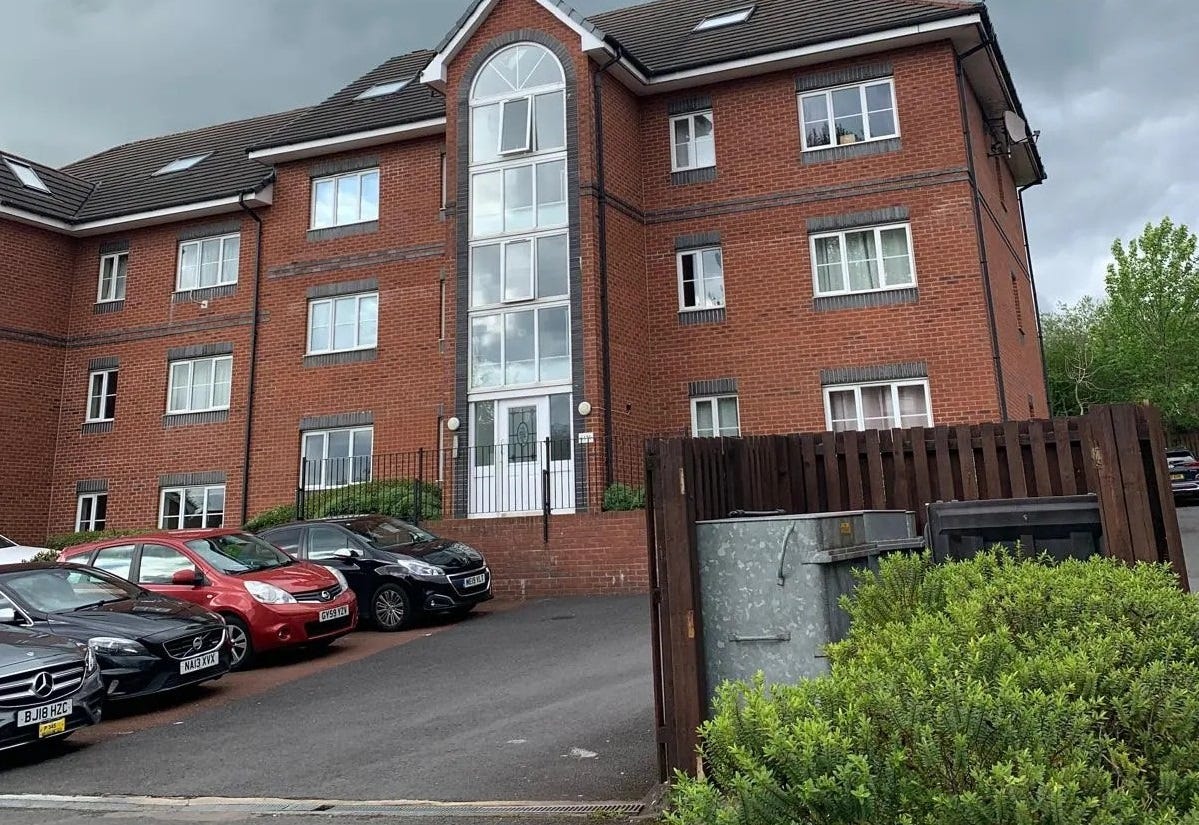The Lead Untangles: Changes to the 'feudal' leasehold system and whether they go far enough
Ella Glover writes for The Lead on plans to end ‘unfair practices and unreasonable costs at the hands of landlords’
At a glance facts
The government has committed to abolishing the leasehold system in one parliament in a new white paper published Monday. It comes after campaigners have waited more than four years for promised reforms to the “feudal” leasehold system, which—at its worst—traps homeowners in dangerous proper…






